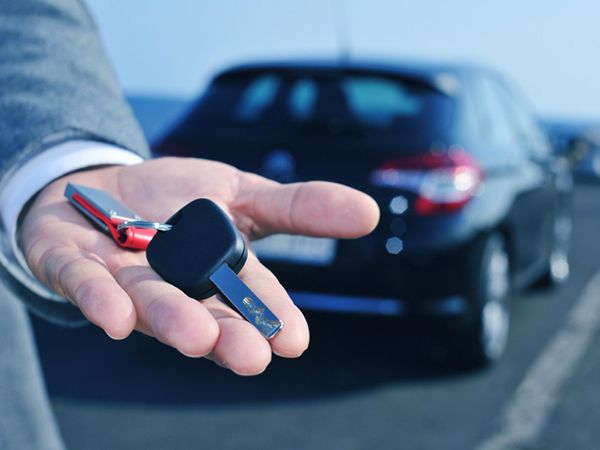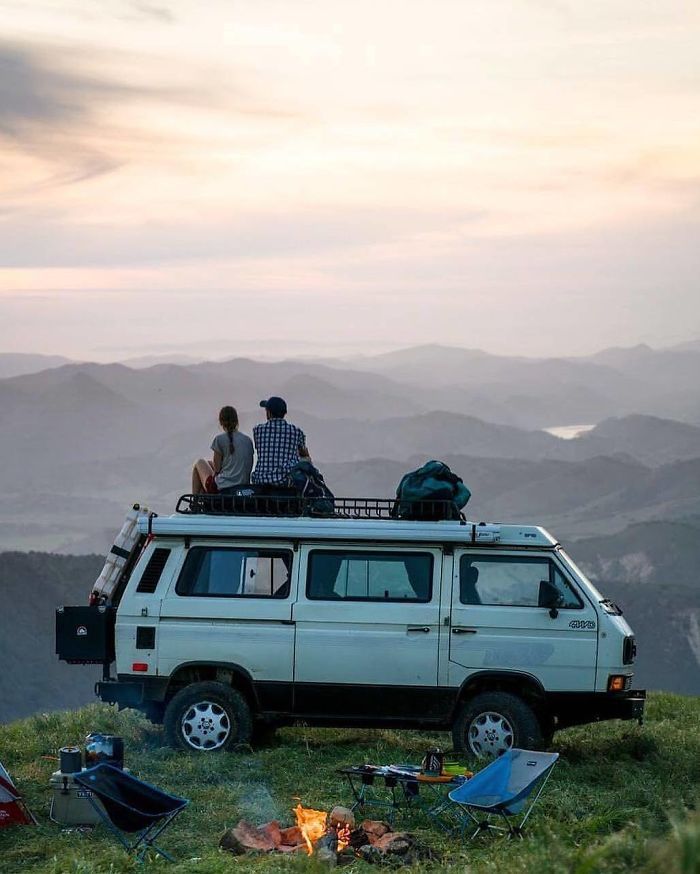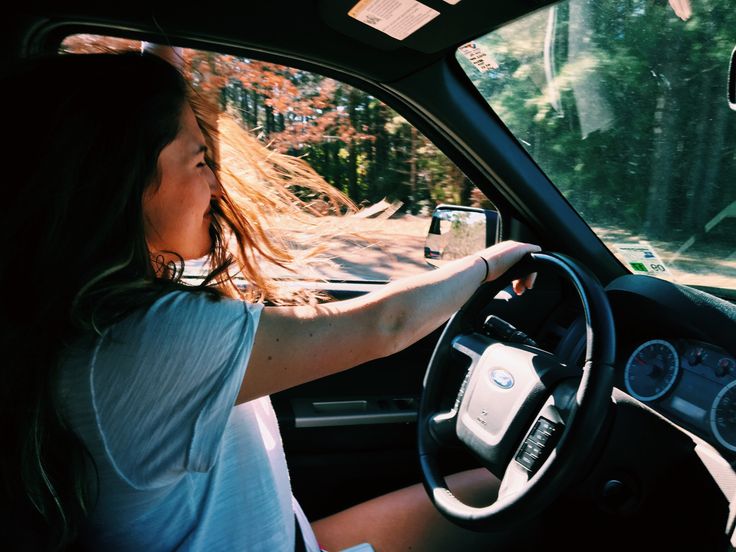Driving in Morocco can be an exciting and rewarding experience, offering the freedom to explore the country’s diverse landscapes and hidden gems at your own pace. However, it's important to be well-prepared and informed about local driving conditions and regulations. Here are essential tips for a smooth and safe driving experience in Morocco:
1. Understand Local Driving Laws
Driver's License: An international driving permit (IDP) is recommended, although a valid driver’s license from your home country is generally accepted for short stays. Age Requirements: The minimum driving age is 18, but car rental companies often require drivers to be at least 21 or 25 years old. Seat Belts: Seat belts are mandatory for all passengers. Mobile Phones: Using a mobile phone while driving is illegal unless you have a hands-free system.
2. Know the Road Rules
Speed Limits: Speed limits are generally 60 km/h in urban areas, 100 km/h on rural roads, and 120 km/h on highways. Always adhere to posted speed limits. Traffic Lights and Signs: Pay attention to traffic lights and road signs, which are usually in French and Arabic. Roundabouts: Traffic in roundabouts usually yields to those already inside, but this can vary. Watch for local drivers' behavior.
3. Prepare for Road Conditions
Urban Areas: Cities like Casablanca, Marrakesh, and Tangier can have heavy traffic and congestion, especially during peak hours. Be patient and cautious. Rural Roads: Rural and mountain roads can be narrow and winding, with varying road conditions. Drive carefully, especially in bad weather. Highways: Morocco has a good network of toll highways connecting major cities. These roads are well-maintained and offer a faster, more comfortable driving experience.
4. Navigating and Parking
GPS and Maps: Use GPS or a reliable map to navigate. Google Maps and other navigation apps work well in Morocco. Parking: Parking can be challenging in urban areas. Look for designated parking areas or paid parking lots. Avoid parking in unauthorized spots to prevent fines or towing. Car Parks: Many cities have guarded car parks, which are safer options for parking your vehicle.
5. Safety Tips
Stay Alert: Always stay vigilant and aware of your surroundings. Watch out for pedestrians, cyclists, and animals on the road, especially in rural areas. Drive Defensively: Moroccan driving style can be aggressive. Be prepared for sudden stops, lane changes, and unpredictable behavior from other drivers. Night Driving: Avoid driving at night if possible, especially in rural areas where road lighting is minimal and visibility can be poor.
6. Dealing with the Police
Checkpoints: Police checkpoints are common, especially at city entrances and on major roads. Always carry your driver's license, car rental documents, and passport. Fines: If you are fined for a traffic violation, you can usually pay the fine on the spot. Always ask for an official receipt.
7. Fueling Up
Fuel Stations: Fuel stations are plentiful in cities and along major highways but can be sparse in rural areas. Keep an eye on your fuel level and refuel when you have the chance. Payment: Most fuel stations accept cash, and some accept credit cards. It’s a good idea to carry some cash in case you encounter a station that doesn't take cards.
8. Emergency Situations
Breakdowns: In case of a breakdown, contact your rental company immediately for assistance. Many rental agencies offer 24/7 roadside assistance. Accidents: In the event of an accident, contact the police and your rental company. Do not move the vehicles until the police arrive and make a report.
9. Car Rental Tips
Choose Wisely: Select a reputable car rental company with good reviews. Compare prices and insurance options before booking. Inspect the Car: Before driving off, inspect the car for any existing damage and ensure it’s documented in the rental agreement. Insurance: Make sure you have adequate insurance coverage. Consider additional coverage for peace of mind.
10. Enjoy the Journey
Scenic Routes: Take the time to enjoy Morocco’s scenic routes. The drive from Tangier to Chefchaouen, the coastal roads near Essaouira, and the Atlas Mountains are particularly beautiful. Local Etiquette: Respect local customs and traditions. When driving through rural areas and small towns, be mindful of local etiquette and practices.
Final Thoughts Driving in Morocco offers an unparalleled way to explore the country’s rich culture and stunning landscapes. With these tips, you’ll be well-prepared to handle the challenges and enjoy the journey safely. Embrace the adventure, stay cautious, and you’ll have a memorable experience driving through this fascinating country.






